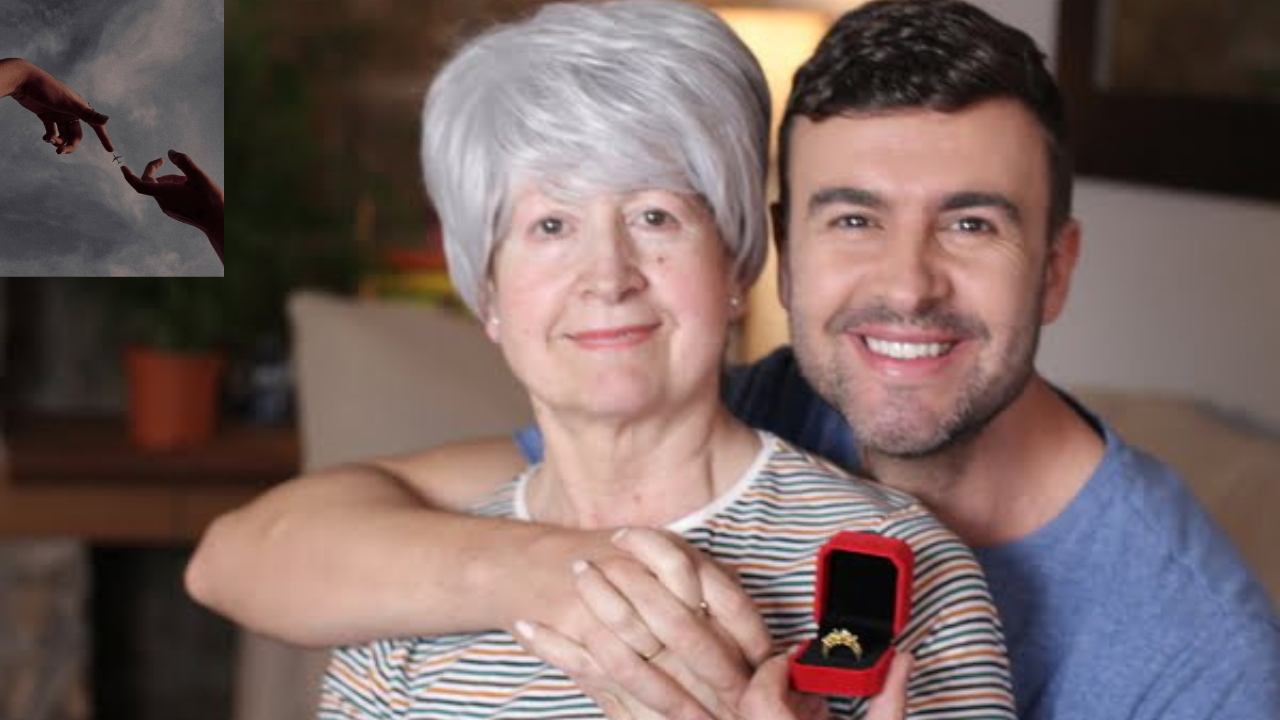What Is the Ideal Age Gap for a Successful Relationship?

Summary
While research suggests that smaller age gaps can lead to greater relationship satisfaction, love doesn’t follow strict rules. Every relationship is unique, and success depends on the effort and dedication both partners bring to the table. Whether you’re in a relationship with a big age gap or just a few years apart, the most important thing is how well you connect with your partner and how committed you both are to making the relationship work.
Don’t let the numbers determine your happiness. With open communication, mutual respect, and a shared commitment to growth, any age gap can be bridged, and your relationship can thrive.
When you start dating someone, you probably focus on things like shared values, physical attraction, and whether your personalities mesh well. But there’s one factor that you might not immediately think about—your age difference. While age gaps of 10 years or more are sometimes linked to challenges in long-term relationships, is there a “perfect” age difference that can boost your chances of success? According to research, there is an ideal range, and it’s smaller than you might expect.
However, it’s important to remember that no relationship is guaranteed to succeed without effort, and age isn’t the only thing that matters. A happy, healthy relationship is the result of many factors, including communication, trust, and commitment. This article will explain what research says about the best age gap for relationships and why it shouldn’t be something to worry about. Keep reading to find out more.
What Research Says About Age Gaps in Relationships
A study published in the Journal of Population Economics found that couples with smaller age differences tend to be more satisfied in their marriages than those with larger age gaps. Specifically, couples who had an age difference of zero to three years reported higher marital satisfaction compared to those with a four- to six-year gap. Similarly, couples with a four- to six-year age gap were generally more satisfied than those with a gap of seven years or more.
The study suggests that as the age difference between partners grows, marital satisfaction declines. One explanation for this could be that couples with a larger age gap may face more challenges when dealing with life’s difficulties, such as financial issues or health problems. Though not directly tested in the study, other factors like differences in life stages—raising children, retirement, and career goals—might also contribute to the strain on relationships with significant age gaps.
Interestingly, the research also showed that both men and women were more satisfied when they were married to younger partners, regardless of the size of the age gap. However, this initial boost in satisfaction often fades after six to 10 years of marriage, suggesting that other factors begin to play a bigger role over time.
Do Age Differences Really Matter in Relationships?
While the study indicates that age gaps can impact relationship satisfaction, it’s important to remember that age is only one piece of the puzzle. No relationship will succeed or fail solely because of an age difference. Relationships are complex, and there are many other factors, such as shared interests, values, and life goals, that determine whether a relationship will thrive.
A larger age gap can sometimes highlight differences in priorities or lifestyles. For example, if one partner is focused on advancing their career and the other is thinking about slowing down and retiring, it could create tension. But if both partners are willing to work through these differences and make adjustments, even a significant age gap doesn’t have to be a problem.
If you’re dating someone who is significantly older or younger, don’t let the numbers define your relationship. What’s most important is how well you connect with your partner, how aligned your goals are, and how willing you both are to grow together.
Questions to Consider Before Entering a Relationship with a Big Age Gap
If you’ve found someone special and you share a strong connection, you may wonder if your age difference will impact your future together. Rather than letting this concern guide your decision, it’s important to have honest conversations with your partner to ensure you’re both on the same page. Here are some key questions to ask:
- What are your life goals?
It’s important to discuss your visions for the future, including your careers, financial plans, and whether or not you want children. Being on the same page about these issues will help you navigate any challenges your age difference might bring. - What common interests do we share?
Shared interests and hobbies can become more meaningful over time, especially as you grow older together. Building on these shared activities can help strengthen your bond, even if your age gap creates some differences. - Do we have compatible values and beliefs?
Make sure your core values and morals align. This goes beyond being a good person—it’s about discussing more complex topics like religion, politics, and lifestyle choices that could lead to conflict down the line if not addressed early. - Are we both willing to compromise?
Every relationship requires compromise, but this can be even more important in relationships where partners are at different stages of life. Be prepared to meet in the middle and make adjustments for each other’s needs. - Can we handle outside judgment?
Age-gap relationships often attract attention, and you may face negative comments or questions from others. Social psychologist Theresa DiDonato points out that age-gap couples are more likely to experience bias from outsiders. If you’re sensitive to public opinion, be prepared for some external challenges.
How to Make an Age-Gap Relationship Work
Regardless of the age difference, the foundation of a successful relationship is built on mutual respect, communication, and the willingness to grow together. Here are a few tips for making an age-gap relationship work:
- Keep communication open: Honest discussions about your feelings, goals, and any concerns are key to overcoming challenges and keeping your relationship strong.
- Embrace your differences: Age differences often mean that you’ll have different perspectives and life experiences. Instead of seeing this as a barrier, use it as an opportunity to learn from each other.
- Develop shared interests: Find hobbies or activities that you both enjoy, and spend quality time together. These shared experiences can help build a deeper connection.
- Respect each other’s life stages: Understand that you and your partner might be in different phases of life. Support each other’s growth, and be patient as your priorities shift over time.
- Ignore outside opinions: Don’t let the judgment of others affect your relationship. Focus on what works for you and your partner, and remember that no one else knows your relationship like you do.



